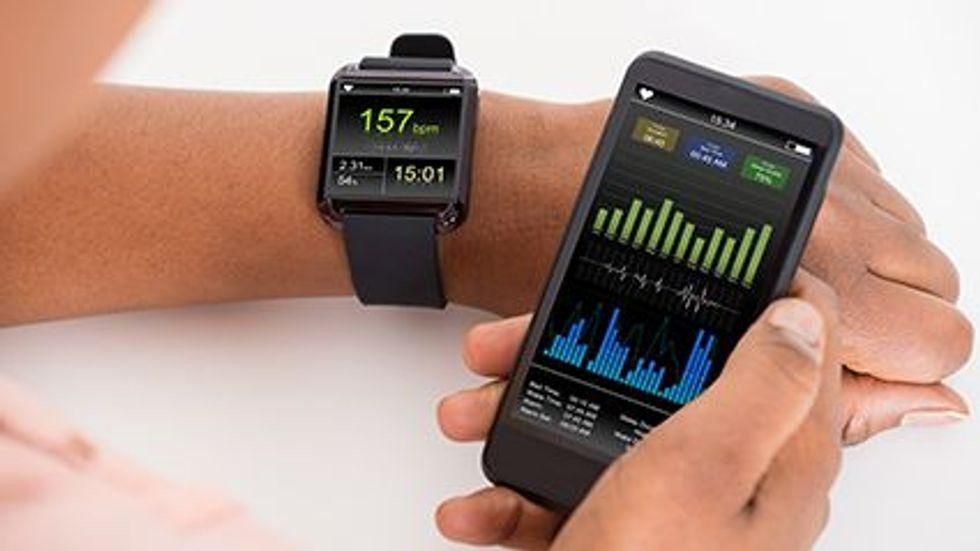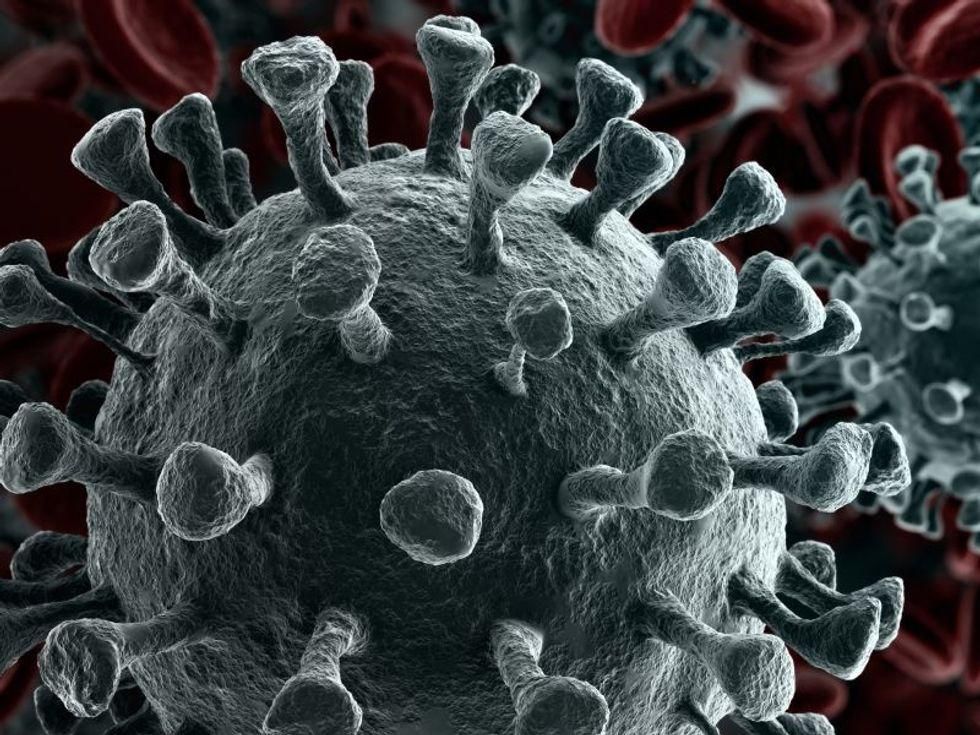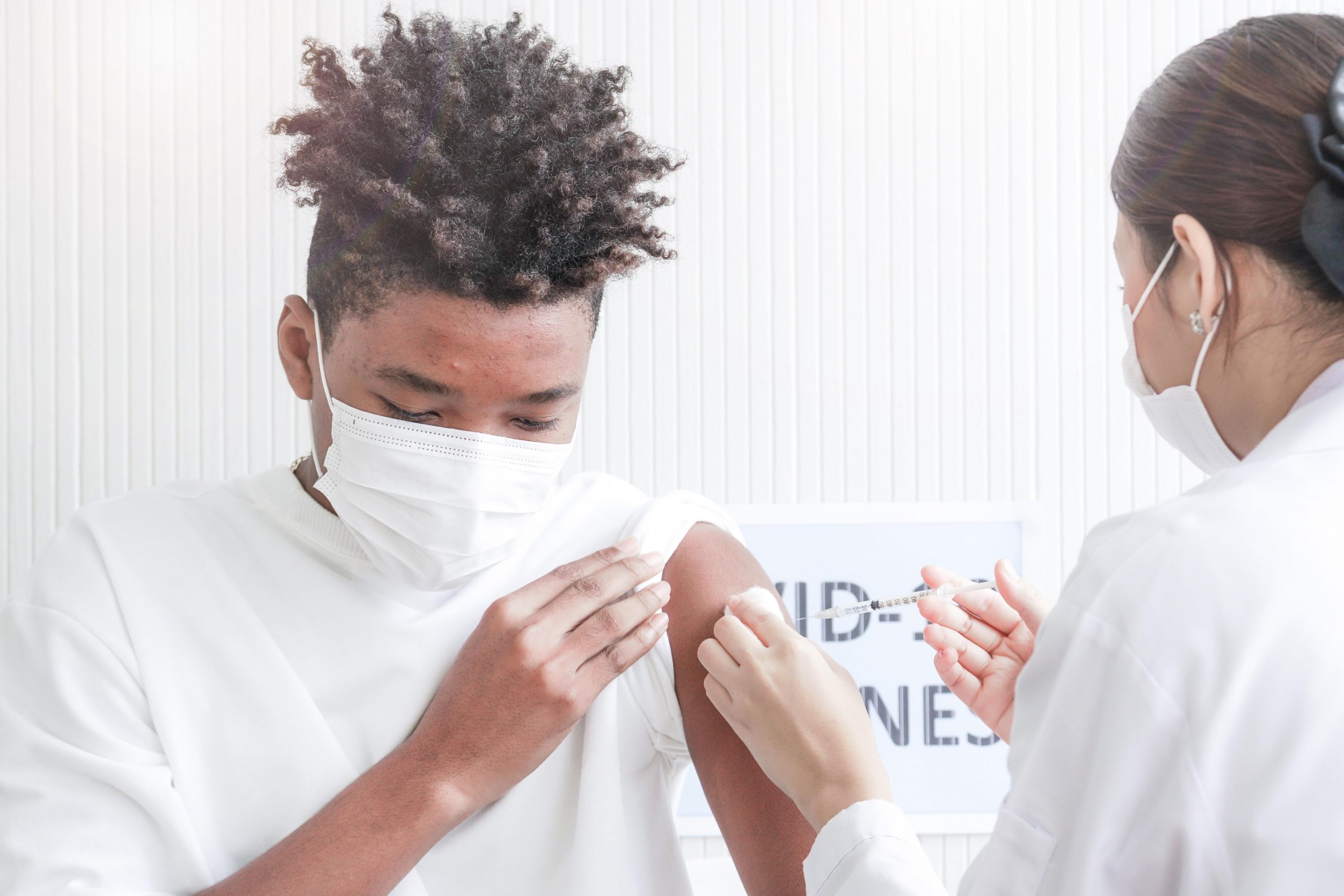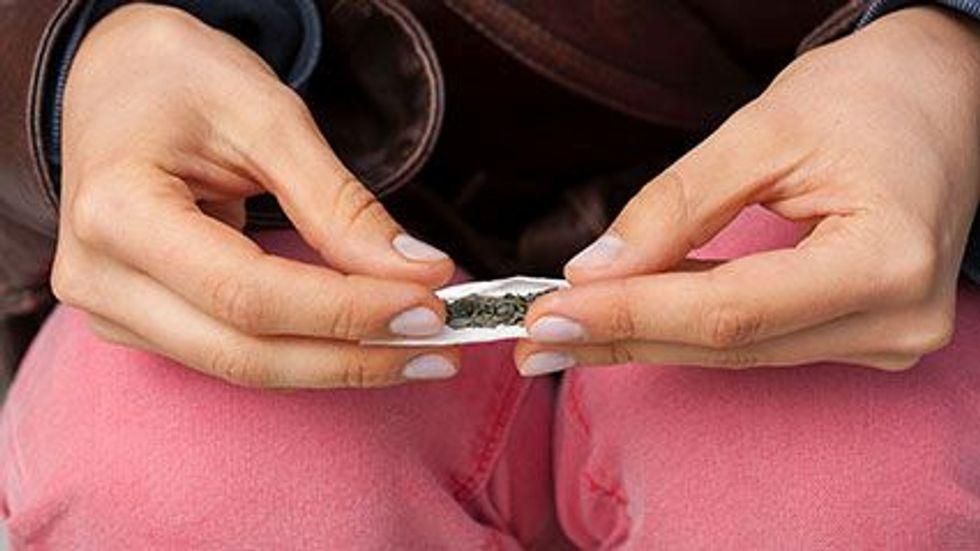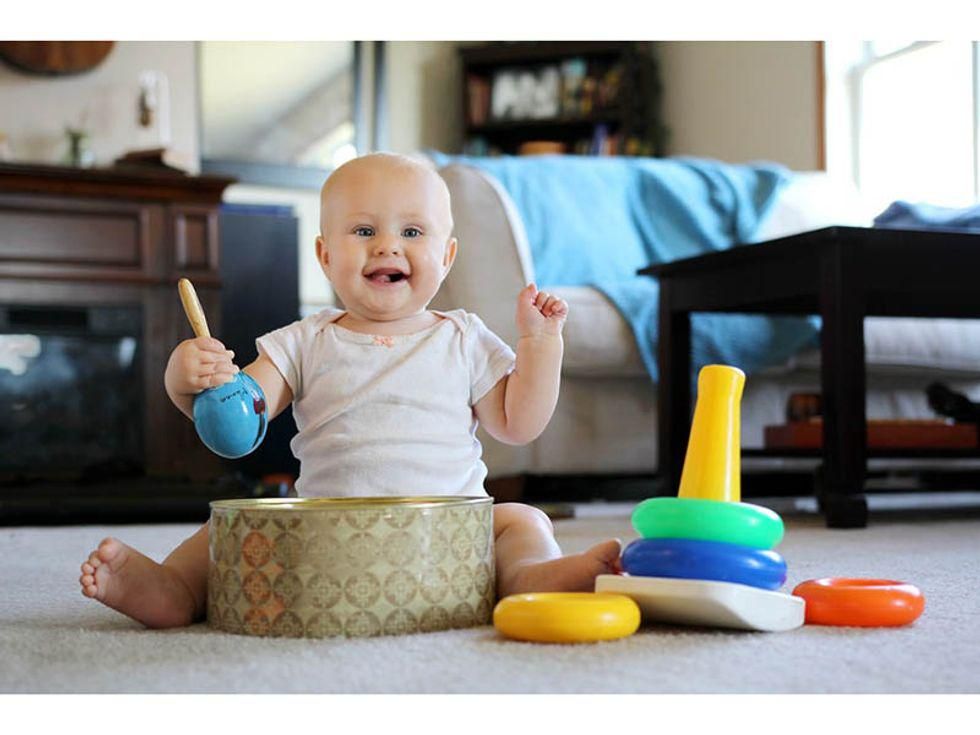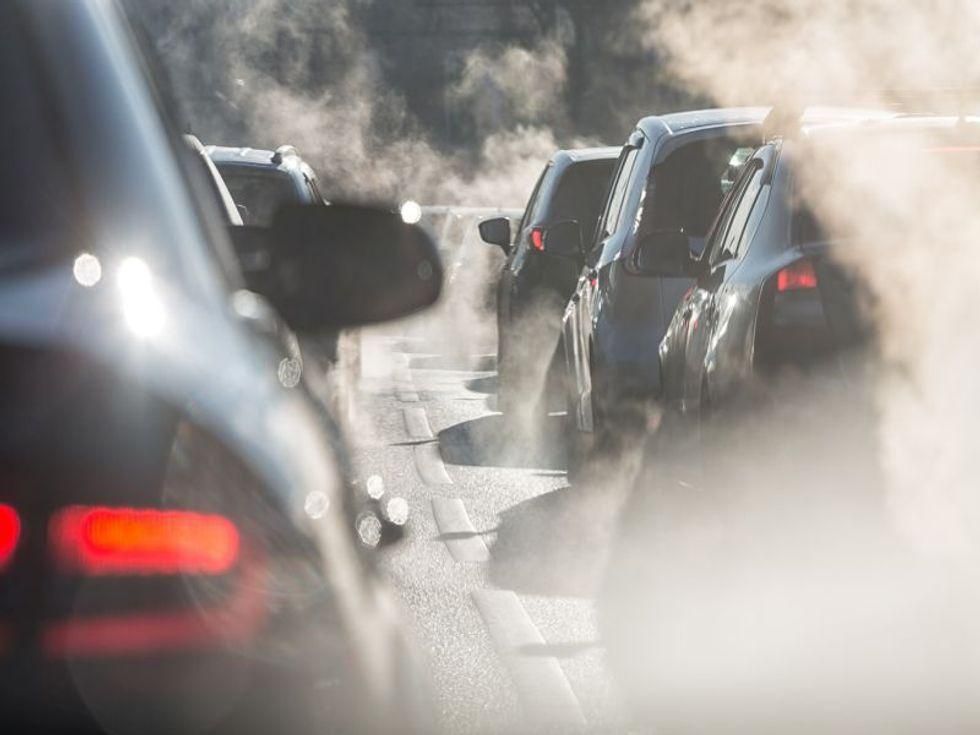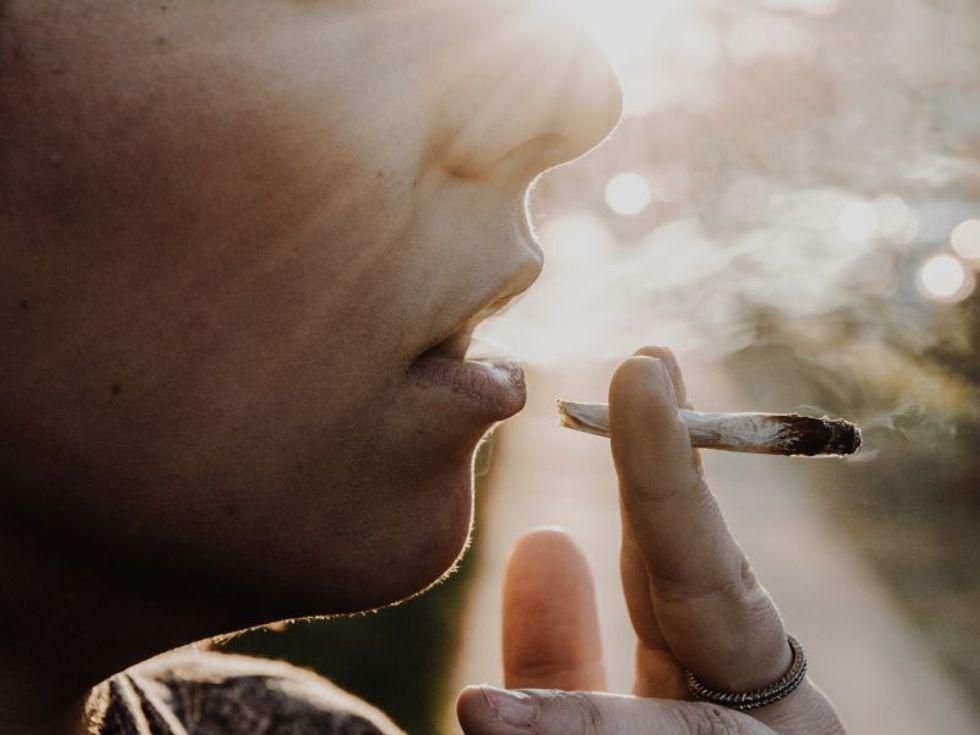
Despite the troubling findings of a congressional report released earlier this year on toxins in baby foods, a new report finds even more manufacturers are selling baby foods that contain potentially unsafe levels of heavy metals. The toxins in question include dangerous levels of arsenic, lead, cadmium and mercury, among others. “No level of toxic… read on > read on >










